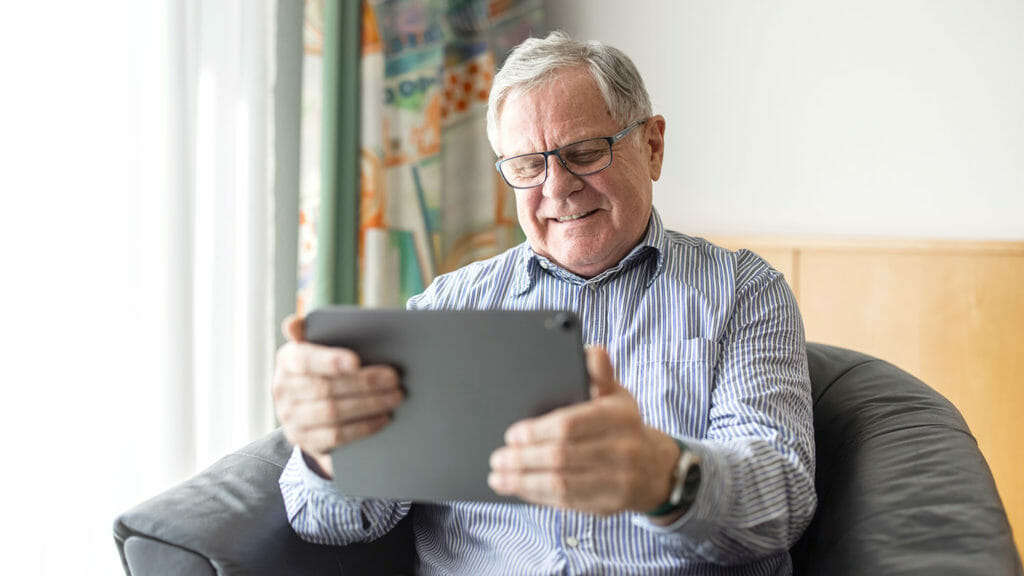
Weekly virtual museum visits can help improve quality of life for older adults at high risk for poor health outcomes from social isolation, according to a new study. The authors hope that the activity could become a model offered worldwide.
The research, published in Frontiers in Psychology, found that older adults who attended weekly online guided tours over three months experienced substantial improvement in well-being.
The study included 106 older adults, half of whom attended 45-minute guided online tours via Zoom through the Montreal Museum of Fine Arts once a week between January and April. Each visit included a group of six to eight participants with a trained guide. An optional 15-minute informal discussion to allow for additional socialization was offered.
Tour content included a combination of images of artworks, live discussions narrated by the tour guides, ancillary information on the artwork or artist, and pre-recorded videos about specific works or artists.
Investigators reported that the intervention group showed significant improvement in their social isolation, well-being, quality of life and frailty scores compared with the control group, with the highest benefits observed with frailty.
The research built on a 2018 pilot study that found arts-based activities hosted by the museum could improve well-being, quality of life and health in older adults. Based on the success of that pilot, the Research Center of the Geriatric University Institute of Montreal, in collaboration with the MMFA and the University of Montreal, is developing a new program — the Arts & Longevity Lab — that marries art and health. The purpose of the lab is to develop, validate and promote art-based interventions for older adults.
Lead author Olivier Beauchet, MD, a University of Montreal professor, said in a statement that museums can become partners in public health research and practice development because they are “aware of the needs of their communities and are consequently expanding the types of activities they offer.”
Although the observation that arts-based activities can be beneficial to physical and mental health is not new, this study was the first to document and report on virtual museum tours, according to the authors.
“The positive experiences engendered by arts-based activities delivered online may improve wellbeing, which improves quality of life, and, finally, physical and mental health,” they concluded, adding that such experiences must include an emphasis on group activities, be goal-oriented and purposeful, and include a creative component.
“Like other arts-based activities, this particular program, delivered online, appears to have been an effective digital cultural intervention to mitigate social isolation and the progression of physical frailty, positioning museums as key stakeholders for social and health prevention, and for fostering social connectedness in the aging population,” the authors concluded.
“On a global scale, this participatory art-based activity could become a model that could be offered in museums and arts institutions worldwide to promote active and healthy aging,” Beauchet said.
Other partners in the study were McGill University in Montreal, Nanyang Technological University in Singapore and Concordia University in Montreal.


